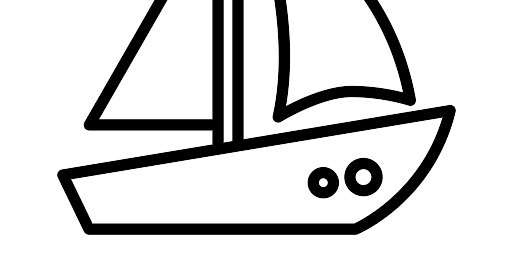I Need Your Help
For my Public Health Management course this past spring semester, the introductory homework assignment was to complete the StrengthsFinder 2.0 assessment created by Don Clifton, creator of Clifton Strengths.
I typically view these types of assessments—including things like the Myers-Briggs, Enneagram, and other personality/psychology self-assessments—as a decent jumping off point for self-exploration, but also capable of inducing a self-fulfilling prophecy of sorts. You take a quiz once, for which you may score differently on a different day, or in a different mood, and it supposedly illuminates everything about you. For someone who may be completely new to self-exploration and reflection, any result has the potential to become the “true” you, further dictating/influencing one’s actions. Pretty soon the assessment results become part of your identity, sticking with you for years, oblivious to the fact that humans change.
That is all to say, perhaps harsher than I previously knew I felt, that I don’t love self assessments, but accept that some insight can be gleaned from them. In my case, my StrengthsFinder 2.0—emphasis on the 2.0!—results came back with the top five strengths of: Input, Context, Responsibility, Intellection, and Ideation. What I found so interesting is that four of these five strengths—all except Responsibility—came from the overarching category of “Strategic Thinking”, emphasizing words like curiosity, cross-discipline thinking, introspection, and connecting ideas.
I read the results and wished for more disparate strengths. Maybe something more humane like Empathy, Harmony, or Positivity—strengths from the “Relationship Building” category—which would make me feel less like a conscious automaton. Of course, I’d have to pay another $20 to take the test again and compare the results; how else would they keep the “validity” of their precious 2.0?
But alas, I can’t disagree with the “Strategic Thinking” oriented results, at least not for this period of my life. I believe the notion of creating a bridge between unique disciplines or ideas is largely why writing appeals to me. I don’t have to pick one thing for a career; I can mentally dive into one idea for a project and then turn toward something completely new, all the while cultivating a mental index of potential future connections. While reading the accompanying description of the Ideation strength, I felt the following quote deep in my core.
“An idea is a connection. Yours is the kind of mind that is always looking for connections, and so you are intrigued when seemingly disparate phenomena can be linked by an obscure connection. An idea is a new perspective on familiar challenges. You revel in taking the world we all know and turning it around so we can view it from a strange but strangely enlightening angle. You love all these ideas because they are profound, because they are novel, because they are clarifying, because they are contrary, because they are bizarre. For all these reasons you derive a jolt of energy whenever a new idea occurs to you.”
In the days and weeks following these assigned attributes, I chose to lean into them and observe how identifying with them might influence my thought processes. Low and behold, one night I had an exciting idea.
About a year ago, I listened to a podcast with the guests João and Luís Batalha, creators of a software platform called Fermat’s Library, designed to allow the public to annotate and leave comments and suggestions in the margins of scientific papers. As I mentioned in the last newsletter (which are never really newsletters, but I’ll stubbornly keep the title nonetheless), I want to write a novel. The story in mind is about community—what factors create community, but perhaps more so, what factors have eroded our sense of community in America and is it possible to reverse them? I wouldn’t be using Fermat’s Library as it was necessarily intended, but would certainly be embracing the notion of crowdsourcing for edits and revisions of a piece of writing.
Although writing itself is performed in isolation, no writer is an island. Ideas and connections erupt out of observation and conversation, and authors have acknowledgment sections for a reason. Ever since starting this Substack endeavor, I’ve contemplated the possibility of using this unique platform to share a longer work, chapter by chapter, as individual newsletters. By merging Substack and Fermat’s Library, I see a path forward in writing a story about community with community.
While writing first and foremost helps clear my mind, a primary pleasure of the process is hearing from a reader about how it made them think or behave. Writing ultimately entered my life because, I believe, I first listened to those around me. As Don Clifton would say, we should focus on our strengths, because weaknesses are inherently difficult to change. In the process of writing a book, I hope to leverage my strength—my community—by inviting you into the writing process.
Who wants to help?





